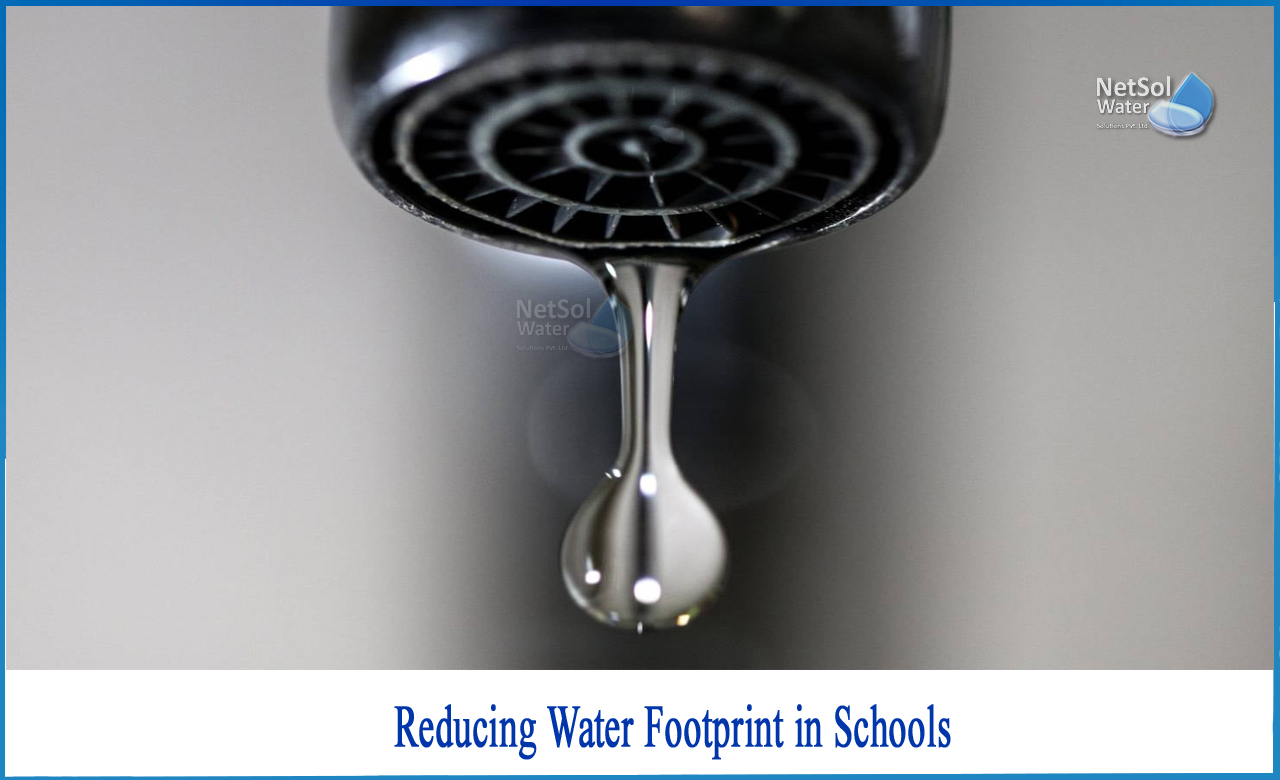How to Reduce Water Footprint in Schools?
Educational institutions of all sizes are beginning to pay more attention to their water footprints as people became more aware of global water constraints.
Water efficiency can be achieved in a variety of ways:
Some schools, for example, are implementing low-flow fixtures to cut water consumption. One approach, however, has a greater impact than many other solutions now being used in schools: decentralized water reuse systems.
Adoption of on-site water reuse can raise efficiency to a new level for schools that focus on sustainable practices.
Modular Wastewater Treatment Plants
Netsol's Compact WWTPs and STPs, a containerized wastewater treatment device, can effectively treat wastewater on-site. These technologies reduce the physical footprint of biological wastewater treatment while maintaining high effluent quality. These machines are based on different technologies such as MBR, MBBR, MABR technology, etc. which is are highly efficient. Because of their low-odour, low-noise operation, they can be put close to schools and houses.
What is MABR and how does it work?
Because simultaneous nitrification and denitrification (SND) take place in a single tank, MABR wastewater treatment is relatively compact, reducing the footprint of treatment while improving effluent quality. MABR also employs passive aeration, which reduces the need for costly air compression, lowering the treatment's energy and carbon impact dramatically.
With an MABR as part of the system, you can remove nitrogen from effluent for one-third the cost, one-third the size, and with a greater ability than standard technology. Reducing nitrogen levels in a plant's effluent can help to prevent the growth of toxic algae and reduce contamination of surrounding waterways and drinking water.
The technology that underpins MABRs has been around for more than two decades, but only in the last five to six years has it been commercialized.The fact that MABRs require less space than typical wastewater bio-reactors contributes to their improved performance and efficiency. The bacteria that break down human waste and food scraps take up the majority of the space in such reactors.
Decentralization for Remote Schools
Despite the fact that many of the universities conducting or planning water reuse programs are in urban areas, EPA explained why decentralized treatment (placing smaller treatment facilities adjacent to the point of use rather than connecting to a large centralized plant) is particularly beneficial for schools outside of urban areas.
Onsite systems have cheaper construction and maintenance costs, especially in low-density residential areas, making them a viable option for small towns, suburban developments, remote school and institutional sites, at rural locations.
How can Netsol Water help?
We are a significant water and wastewater treatment firm in India, offering WTP, WWTP, STP, ETP and RO manufacture, among other services. We've made it our mission to save the planet. The company creates equipment’s and is committed to providing practical solutions that help businesses flourish.
We are committed to providing our valued customers with hands-on service, expert counselling, and training. Every environmental problem and its management have a solution in us. We can provide facilities to treat effluent from all industries, be manufacturing or processing.
Netsol Water is Greater Noida-based leading water & wastewater treatment plant manufacturer. We are industry's most demanding company based on client review and work quality. We are known as best commercial RO plant manufacturers, industrial RO plant manufacturer, sewage treatment plant manufacturer, Water Softener Plant Manufacturers and effluent treatment plant manufacturers. Apart from this 24x7 customer support is our USP. Call on +91-9650608473, or write us at enquiry@netsolwater.com for any support, inquiry or product-purchase related query.



